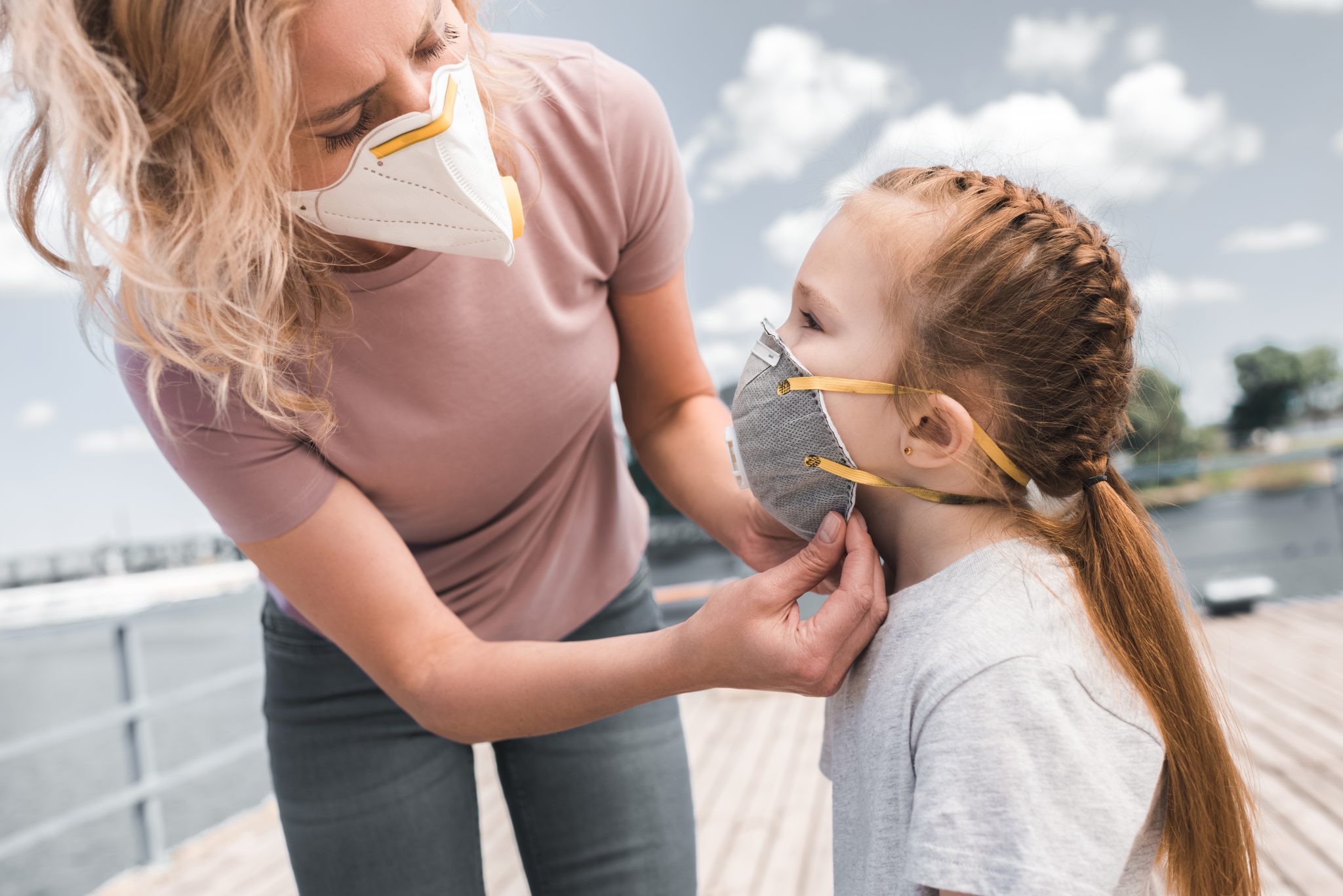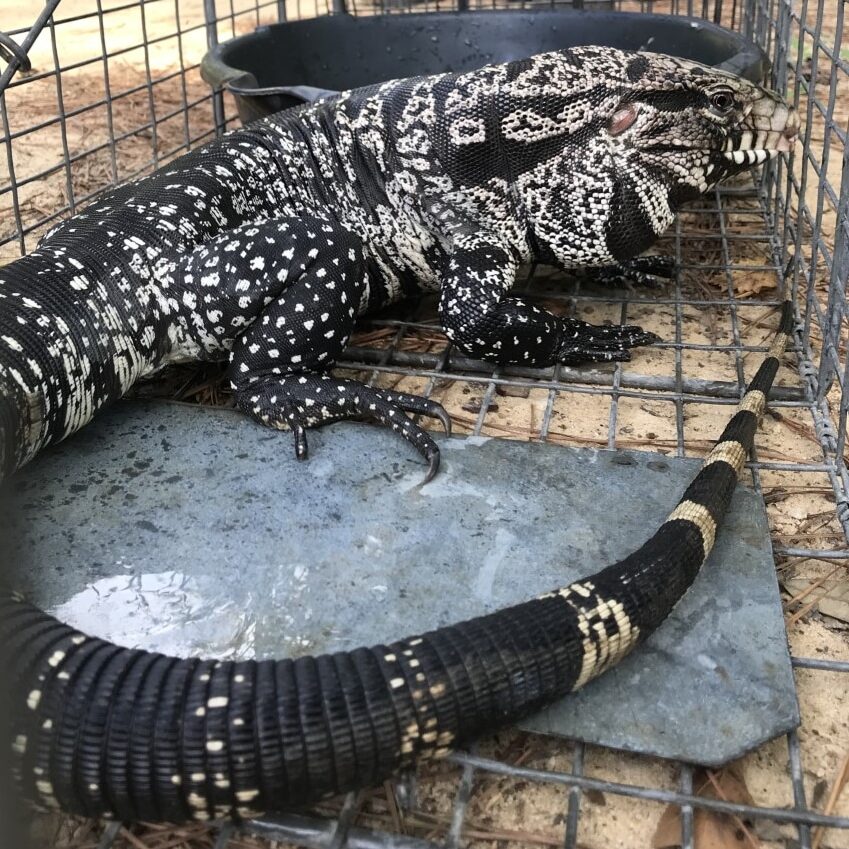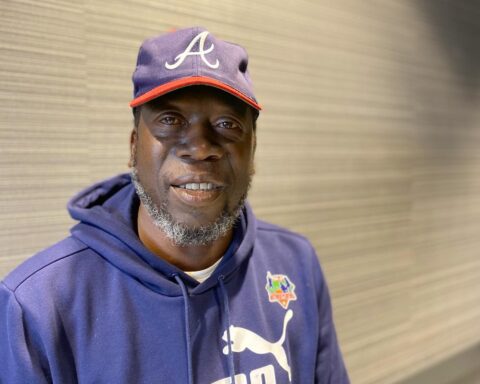Georgia’s rate of COVID-19 cases among children is greater than the national average, according to a new report published by the American Academy of Pediatrics and the Children’s Hospital Association.
Nationally, more than 97,000 new child cases were reported in a two-week period ending July 30, the report said. That’s a 40 percent increase in cases.
Few children have died from the disease, and kids are less likely to develop severe symptoms when they get it. But child cases can increase the spread of the infection among the population at large.
The jump in child cases in late July has heightened concern over schools reopening across the state and nation.
Georgia’s rate of infections per 100,000 kids is 571, higher than the national percentage of 447. Still, the percentage of kids’ cases among all Georgia COVID-19 infections is at 8 percent, below the national mark of 8.8 percent.
Several recent developments have focused attention on COVID-19 cases among Georgia children:
** A 7-year-old Chatham County boy became the youngest person in the state to die of the disease.
** A CDC report last month detailed COVID-19 infections among more than 200 children at a North Georgia overnight camp.
** A North Paulding High student made national news after snapping a photo of a school hallway with most students not wearing masks. And over the weekend, that Paulding school decided to go to digital classes only, after revealing that six students and three staff members were diagnosed with COVID-19.
Gov. Brian Kemp on Monday ruled out ordering public school systems to require masks for teachers and students, the AJC reported. Kemp recommends the use of masks to curb COVID-19 infections, but he has not imposed a statewide mask mandate and has opposed local governments’ efforts to impose their own.
Virtual classes called safest
The newly released child infection numbers are “sobering,’’ said Dr. Hugo Scornik, a Conyers pediatrician who is president of the Georgia chapter of the American Academy of Pediatrics.
“It shows children obviously are not immune to this virus,’’ Scornik told GHN on Monday. “Luckily, they are not as prone to develop severe symptoms as adults.’’
He said his pediatric practice has seen more cases in the past few weeks.
Scornik said parents have shown concern about the disease, with some asking whether it is safe to send kids to school, and others worrying about how to help children who are at home with virtual learning.
He said the safest option on reopening schools is to do virtual learning only. Schools holding traditional, in-person classes should require masks, social distancing and frequent hand-washing, he added.
Gov. Kemp, speaking at the opening of a COVID testing site at Hartsfield-Jackson Atlanta International Airport, said he trusts local superintendents to decide whether masks are necessary in their districts, the AJC reported.
“We’ve given the responsibility to the schools, to the local superintendents,” Kemp said. “Like most things in education, I’m a firm believer that the local governments know their schools better than the state government does.”
More pediatric cases, though mostly mild
Dr. Stephen Thacker, director of pediatric infectious disease at Savannah’s Memorial Health University Medical Center, said in the wake of the Chatham boy’s death that he has recently “seen an increase in pediatric [COVID-19] cases, both those who are asymptomatic at home or admitted to the hospital.”
Children’s Healthcare of Atlanta said Friday that since the beginning of the pandemic, it has treated about 700 children who have tested positive for COVID-19.
“Two-thirds were cared for and sent home from our emergency departments, urgent care and ambulatory clinics,’’ Jessica Pope, a Children’s spokeswoman, said in a statement. “We are currently caring for six children in the hospital.‘’
Rates of illness in children follow patterns of community spread, although with significantly fewer hospitalizations and deaths, Pope said.
“Of people hospitalized in Georgia, children from birth to 17 years old comprise less than 2 percent, and the average hospitalization rate or children has remained consistent at Children’s since the beginning of the pandemic,” she said.
Disclosure: This article may contain affiliate links, meaning we could earn a commission if you make a purchase through these links.






